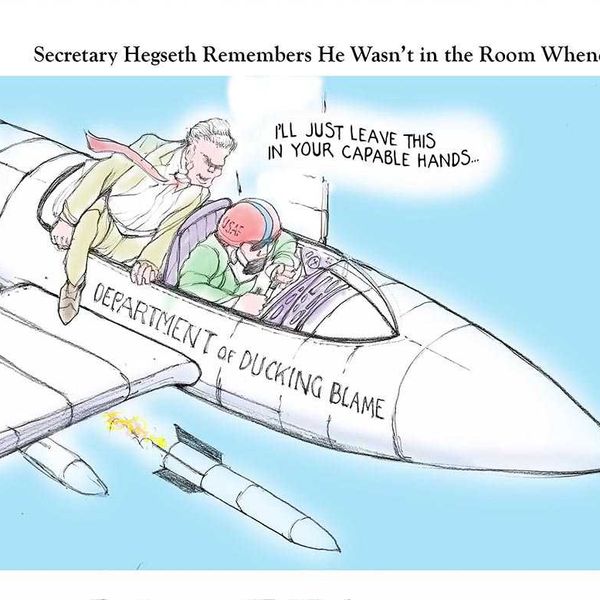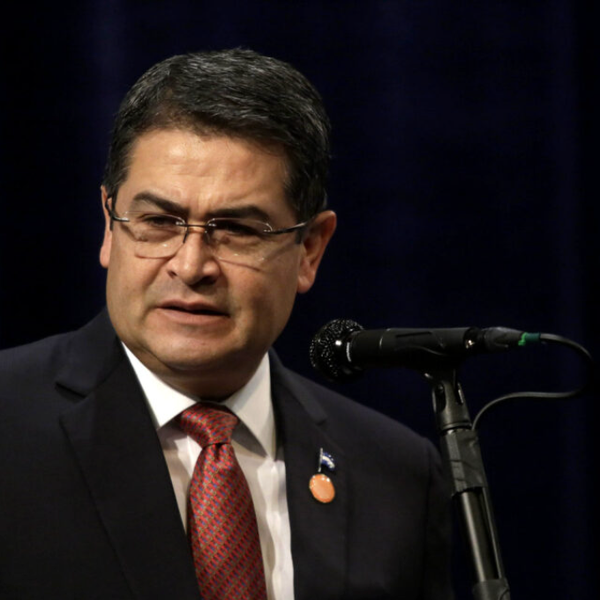WASHINGTON (AFP) – President Barack Obama returns to the world stage at the UN next week, after an erratic period of foreign policy leadership which, even he admits, lacked style points, and critics worry eroded U.S. global clout.
Obama faces major tests on both Iran and Syria, issues certain to shape his legacy, as he heads to the annual United Nations General Assembly.
There is widespread skepticism over a U.S. deal with Russia to destroy Syria’s weapons program and disquiet among the populations of key American allies over National Security Agency (NSA) spying programs.
Obama must also quell questions over his personal leadership style, with the aura of authority conveyed by the killing of Osama Bin Laden tarnished by Obama’s public agonizing over a coup in Egypt and Syrian chemical attacks.
Obama dismisses second guessing about his performance, saying he is more interested in results than “style points.”
But his response to Syria’s infringment of his “red line” on chemical weapons, threats of military action then a sudden decision to blink, offered an opening for his critics at home and abroad.
“I think that [Obama’s] actions, his decisions in recent weeks have raised grave concern in many capitals in the Middle East and beyond about whether the U.S. has a steady hand on the tiller,” said Karl Inderfurth, a former assistant secretary of state. “Questions about leadership, decisiveness are going to be very much on the minds of those attending the general assembly.”
Obama’s critics say he blundered through the Syrian chemical weapons crisis and empowered a scheming Russian President Vladimir Putin with a joint deal to degrade the Assad regime’s arsenal.
They say Obama’s equivocating on military action undermined the credibility of the United States and its leader, and could embolden enemies such as Iran and North Korea.
White House officials deny such claims, arguing that Obama’s diplomacy backed by steel dictated a change of course by President Bashar al-Assad and his Russian allies.
Despite its sloppy presentation, they say, Obama’s approach also forced Putin to put his personal credibility on the line for the first time, in a process Washington hopes could lead to a wider political initiative on Syria.
“When it comes to the commitment of the United States around the world, people know that this president does what he says in matters of war and peacemaking,” said deputy national security adviser Ben Rhodes.
On Syria, Obama’s political fate remains up in the air: a collapse of the U.S.-Russia deal or defiance by Assad, would embarrass the White House.
But if the deal defies long odds and achieves the verifiable dismantling of Assad’s chemical arsenal, Obama will justifiably claim a victory for his legacy project of tackling weapons of mass destruction.
His 11th-hour decision to hold off on sending U.S. cruise missiles into Damascus and America onto a another Middle Eastern battlefield, would be validated as a study in presidential temperament.
The White House spin also has it that Obama’s toughness has been decisive in Iran policy, pointing to rigorous sanctions it says have forced a strategic rethink in Tehran.
Obama has pledged to test the sincerity of Iran’s offers of a new approach to talks over its nuclear program, and expectations are high that he could arrange to bump into new Iranian president Hassan Rowhani at the UN.
But the delicate diplomatic choreography of any opening with Iran will require more dexterity than Obama has shown recently in interventions abroad, or in Washington’s bitter domestic political scene.
Obama is a changed figure than the George W. Bush antidote, prophet of hope and rock star statesman many foreigners perceived in 2009 — a swoon that earned the American leader an unlikely Nobel prize.
The world has learned that Obama is a single-minded pursuer of what he sees as U.S. national interests.
He pulled U.S. troops from Iraq, leaving tumult behind, and is sticking to a 2014 end date to the Afghan war, despite worries about the capacity of local forces left to fight the Taliban.
Obama has steered a controversial drone war against Al-Qaeda, and rebuked foreigners angry at the scope of NSA spying activities.
Aaron David Miller, a former U.S.-Middle East peace negotiator now with the Wilson Center, said Europeans especially read Obama wrong in 2009.
“What they got is not a transformative president but I would argue a transactional president, a president who’s much more interested, much more focused in saving the United States than saving the rest of the world,” he said.
Obama’s personal image abroad has also been challenged by revelations about the NSA spying program.
“The NSA episode has caused the U.S. to lose a lot more sympathy than Syria has,” said Jan Techau, director of the Carnegie Europe think tank.
Just last week, Brazilian President Dilma Rousseff scrapped a state visit to Washington over U.S. spying claims, and the revelations also gave German Chancellor Angela Merkel a political headache.
So Obama’s speech to the UNGA on Tuesday will be closely watched for explanations of U.S. espionage activity.








